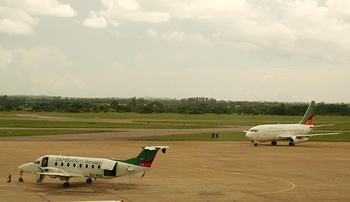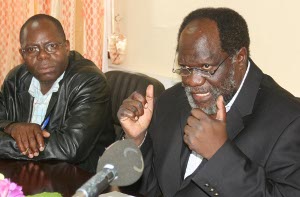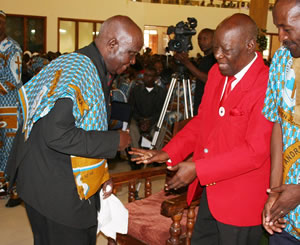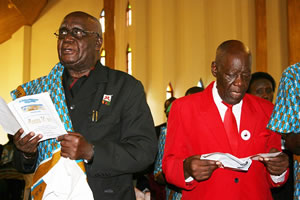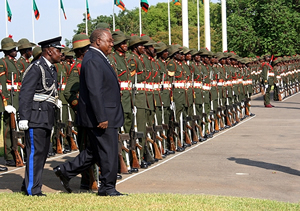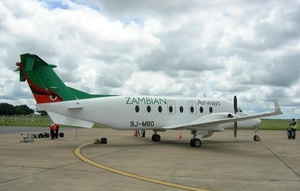To whom it may concern,
I am a youth leader in the Patriotic Front (PF). My concern is the behavior by which the Police Club in Chilenje has been operating.I have witnessed so many times that this place opens the tavern as early as 06:00hrs.This I strongly condemn. It seems that the Police have taken the law in their own hands by selling opaque beer [brown and white chibuku].I am therefore asking the local authority where ever they might be to immediately enforce the law at this Chilenje Police Tavern.
The drum used to store the opaque beer is so filthy.Even the toilets are very dirty and looking at the season in which we are I think people who drink from there are at risk of suffering from waterborne diseases among them cholera.The surroundings looks like the place where retrenched workers who have not been given their terminal benefits stay.
This is the place where the security personnel have been subjected to using [ulusasa].They have made for themselves thatched bathing rooms outside their houses.When you look at the walls of their houses you even wonder where the charges they collect goes to.
It would be nice to have the drainpipes connected so as to have running water. Lower ranked police officers should also be entitled to have nice bathing rooms.Lets have cabins scraped off as this contributes to the filth in the camp.There should be sanitation in all police camps.Now it is only few individuals who are on higher ranks who enjoy cleanliness.
Please I am appealing to the council to apply the law where it is due.Do not let corruption and fear of the unknown kill our country.The council should work hand in hand with the Chilenje Police Sub Inspector. Lets not act as if when burying our late president at embassy park we also buried the laws.It is only discipline to the law that can help the nation to move forward.Lets keep our country clean.
Yours
Concerned Zambian


